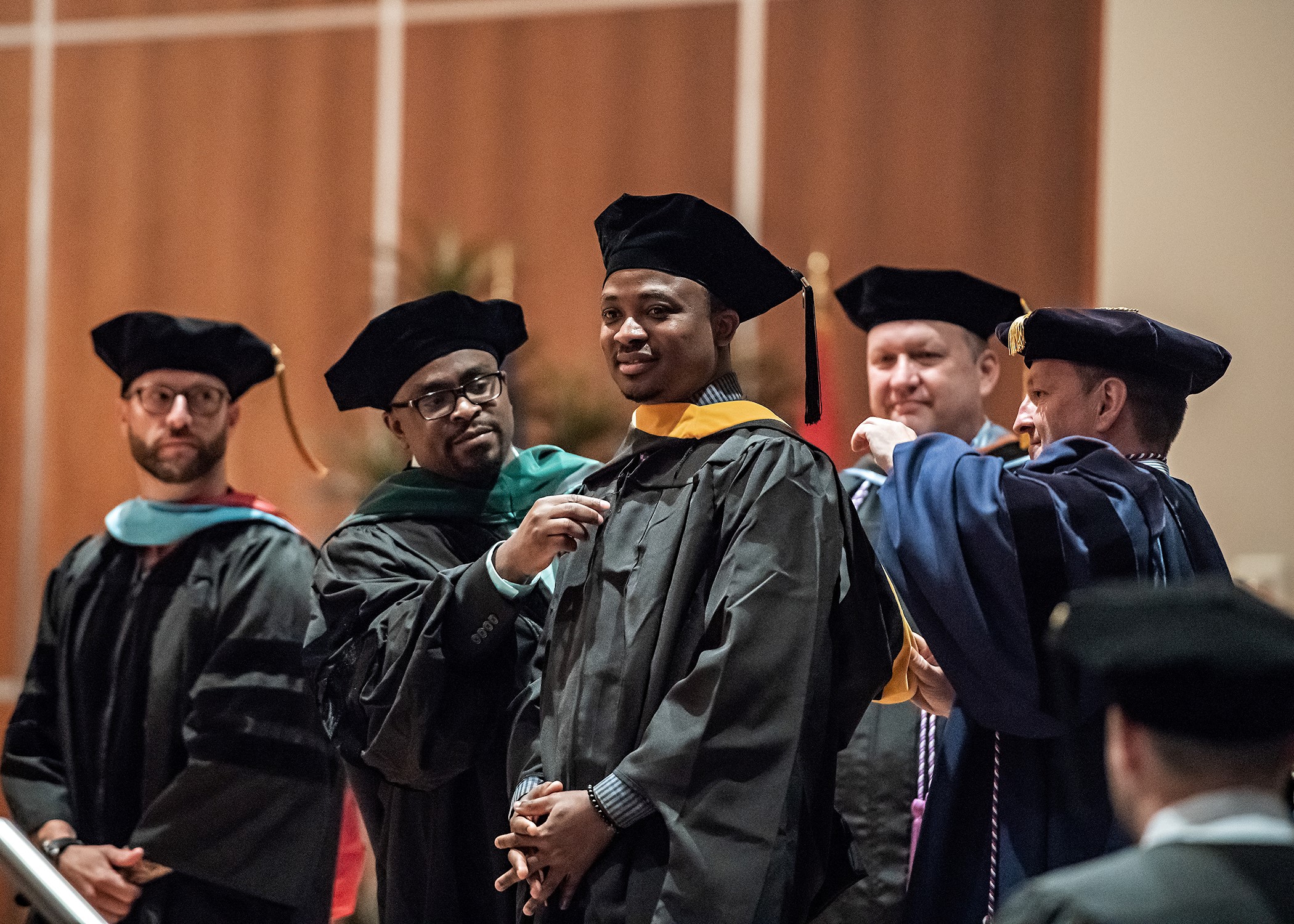Master’s Degree in a Different Field. Fortunately, many schools don’t require applicants to hold a bachelor’s degree in the area in which they plan to pursue a master’s degree. We’ll talk about whether it’s possible to earn a master’s degree in a different subject in this article.

How to Get a Master’s Degree in a Different Field
What happens if you desire to pursue graduate school but not in the field in which you earned your bachelor’s degree?
That really is up to you. To have a sense of disconnection from your undergraduate degree or current career and choose to pursue a different or unrelated field at the postgraduate level is perfectly acceptable (and really rather usual!).
The choice is yours, regardless of why you want to change things up – whether you’re striving for a specific vocation or simply discovering that your academic interests lay elsewhere.
This blog offers prospective students who want to switch their undergraduate program’s focus on some useful tips about postgraduate studies.
Changing Subjects for Postgraduate Study

Deciding to start your bachelor’s degree can intimidate you, especially if you’re only 18 years old. Most students come to the realisation that the field in which they completed their undergraduate studies is not the one in which they would like to pursue a master’s degree.
Although some master’s degree programs in the same field do not call for a bachelor’s degree, most, if not all, of these programs demand that students take prerequisite courses before enrolling in their master’s programs.
The term “essential courses” refers to subjects or classes that must be taken before continuing with other coursework in the study.
More Details!!
And, the prerequisite courses are at the bachelor’s level, which is necessary to give students a foundation before they begin their graduate degree program.
While each university and program have its own specifications, there are a few master’s programs that have a reputation for accepting applicants with bachelor’s degrees in unrelated fields.
Master’s degrees in business, counselling psychology, human resources, social work, journalism, nursing, and many more fields are among the most popular.
Do More Investigation

It can be quite scary to invest in your education; if you have a wide range of interests, want to change careers, or are simply wanting to pursue a career in a more profitable industry.
Also, you may ask whether you can earn a master’s degree if your bachelor’s degree is in a different field.
Colleges and universities frequently portrayed academic paths as being straightforward routes leading to a few vacation.
You have choices with your academic path, and you aren’t required to hold a specific bachelor’s degree to be eligible for the master’s program you want to enrol in.
Getting a master’s degree can be a terrific way to achieve your life objectives, whether you’re a first-time student seeking your dream profession or a seasoned corporate executive trying to branch out into a different industry.
Masters and Bachelors: Reassessing Objectives
Consider your state of mind at the time you received your bachelor’s degree. Mostly, an 18-year-old student who was unsure of her academic interests or life goals chose a major out of a lack of options.
Your bachelor’s degree may have been the outcome of a passion that is no longer existent or pressure from your parents or school.
You can decide that you want to change your career path because you are now dealing with a harsh employment market or more achievable life goals.
Or perhaps a professional who has been employed for some time decides that a total career move is necessary and is seeking to become an expert in a different industry.
READ ALSO!!!
More Details!!
This newly discovered maturity, career aim, or life assessment ought to be viewed favourably and bravely. According to The New York Times, experience and passion are even more significant than a student’s chosen major.
Therefore, your college degree may prove less of a barrier than it may seem if you can show passion for and interest in a different profession.
Gaining a master’s degree in a new profession is typically workable, and although a person with a bachelor’s degree in a different subject would need to take a few courses to meet the requirements for some master’s degree programs, the career change is still workable.
Prerequisites for a Master’s Degree

Should you pick a profession in medicine by majoring in psychology and getting a master’s degree in the subject, or should you major in business and get an MBA? You should pursue both if you are interested in both.
In reality, because professional pathways aren’t uniform, many colleges favour students from diverse backgrounds.
Most colleges just demand a few prerequisites to finish a master’s degree if you have any kind of bachelor’s degree.
What exactly are these requirements? The response is based on the program you prefer. Strong communication abilities, teamwork, and creative marketing strategies are stressed in business schools.
More Details!!
If you have a bachelor’s degree in English literature, you likely have great communication abilities and have experience working in a team on papers.
To make up for the shortfall, the school might require you to take extra marketing classes, but you might include these classes in your master’s program to avoid wasting time by returning to school for another undergraduate degree.
Ask specifically if you can gain a master’s degree from your preferred school if your bachelor’s is in a different field when you speak with them; the admissions staff will point you in the proper route.
The final query is, “Is it workable to pursue a master’s degree in a different field?” Yes, it is extremely likely, especially if you had to give a course for your bachelor’s degree that you had never wanted to provide.



